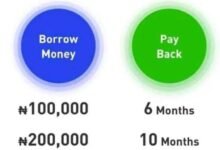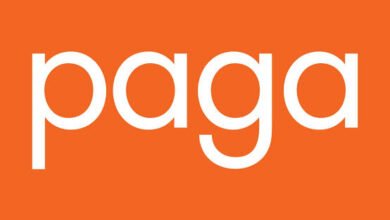What Is a Personal Loan Origination Fee?
Origination fees add to a personal loan’s costs, but may be worth paying if the APR is lowest among other options.
An origination fee is an upfront fee a personal loan company may charge to cover the cost of processing your loan. It might be called an underwriting, administrative or processing fee. This fee is also common on mortgages and federal student loans.
Compare origination fees between lenders and determine how they add to the overall cost of the loan.
Here’s more information on personal loan origination fees, what they cost and when it makes sense to pay the fee.
How much is a personal loan origination fee?
Personal loan origination fees are one-time costs that you typically pay when you receive the loan, although some lenders add the fee to the balance.
Origination fees typically range from 1% to 10% of the loan amount. Factors determining the fee amount include your credit score, the loan amount and repayment term, and the information you’ve provided on your application, such as your income or whether you will have a co-signer.
The fee is accounted for in the loan’s annual percentage rate, or APR, which represents the true annual cost of borrowing when factoring in the interest rate and upfront fees.
Most lenders that charge the fee deduct it from the loan proceeds. If you need your loan to be a specific amount, and the fee is deducted from your loan proceeds, you’ll need to request a higher loan amount, which will carry a higher fee as well.
For example, if you need $20,000 to consolidate debt, and the loan you want has a 5% origination fee, you’d have to request $21,053. Once the 5% fee is applied — in this case, $1,053 — you will have $20,000 to use for consolidation.
You would make payments on the $21,053 balance, not the $20,000 you’d receive.
» MORE: Compare debt consolidation loans
Should you pay an origination fee?
A loan with an origination fee may not be a reason to decline an offer, especially if the loan’s overall APR is lower than the APRs on other loan options. It’s always wise to pre-qualify for multiple loans, including those with origination fees, to compare rates. If the loan with the lowest APR has an origination fee, review the amount you’ll receive after the fee is applied.
Direct lenders such as banks and credit unions typically don’t charge origination fees, while online lenders are more likely to.
Though mortgage origination fees may be negotiable, this likely isn’t the case with personal loans.
» MORE: Compare loans with no origination fees
Other personal loan factors to consider
- Watch out for look-alike fees. The lender may charge a fee that’s similar to an origination fee, such as an application, processing or administrative fee. All fees are required to be disclosed under the Truth in Lending Act.
- Fixed- versus variable-rate loans. The lender must disclose whether the loan’s interest rate is fixed or variable, meaning it can change over time based on market rates. Go with a fixed-rate personal loan if you don’t want your payments to change.
- Shop around to get the best deal. Compare fees, APRs, funding speed and consumer-friendly features, such as flexible payment options. Most online lenders let you pre-qualify to check your rate and terms with no impact on your credit score.
» MORE: How to get a personal loan










One Comment